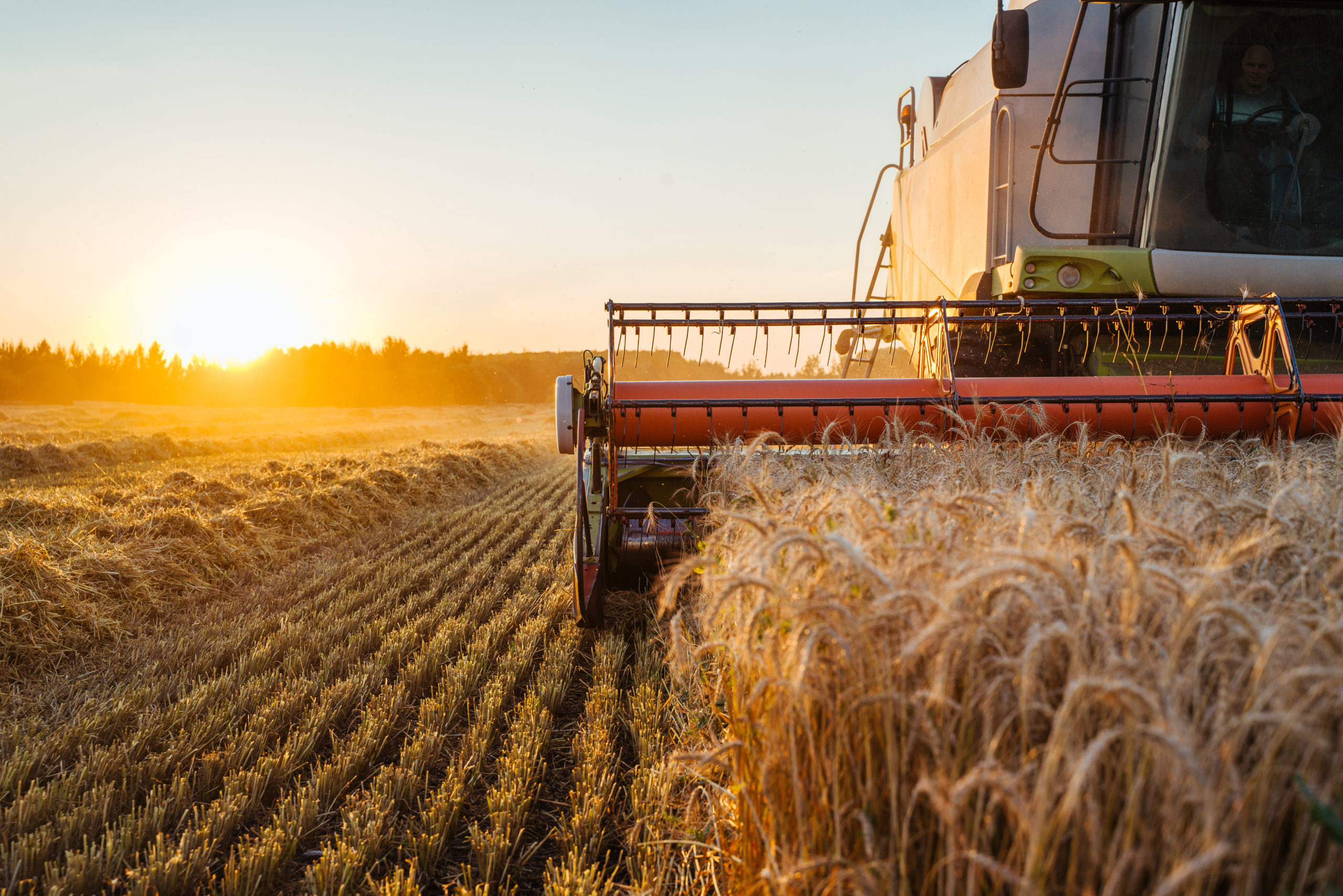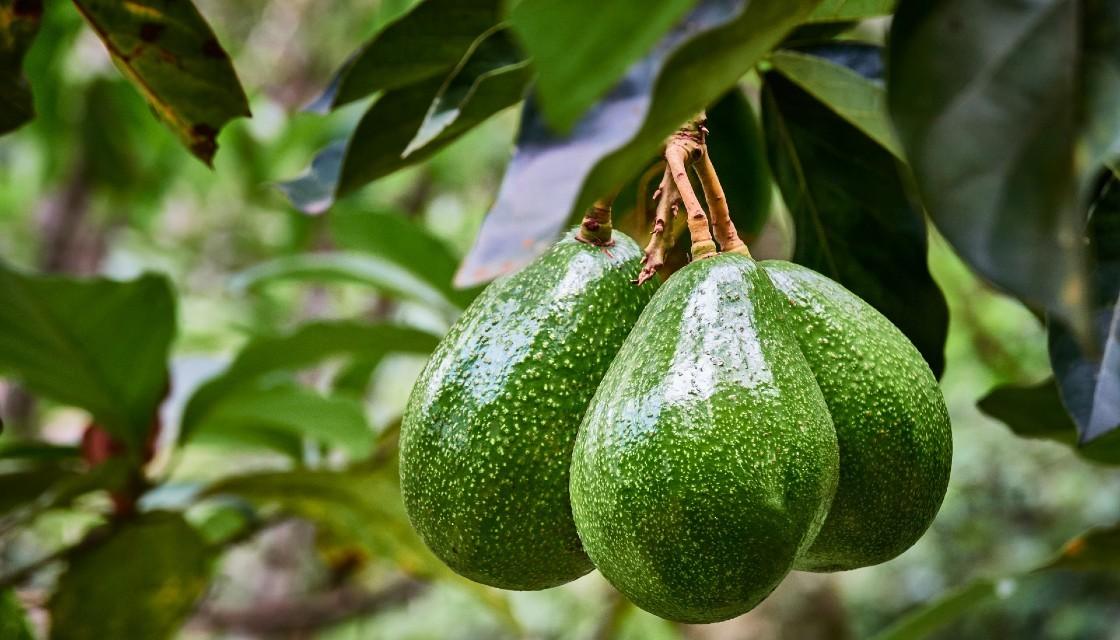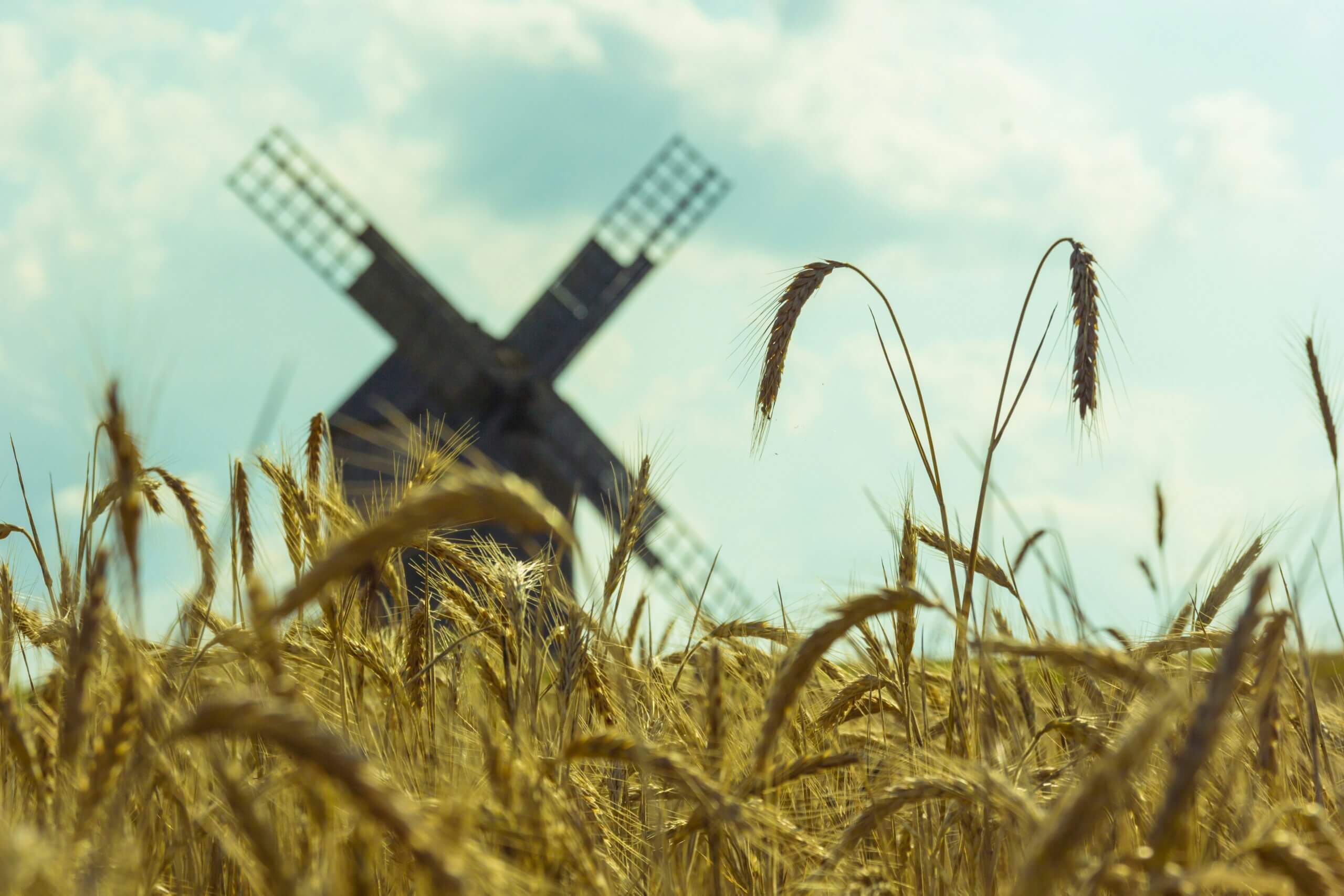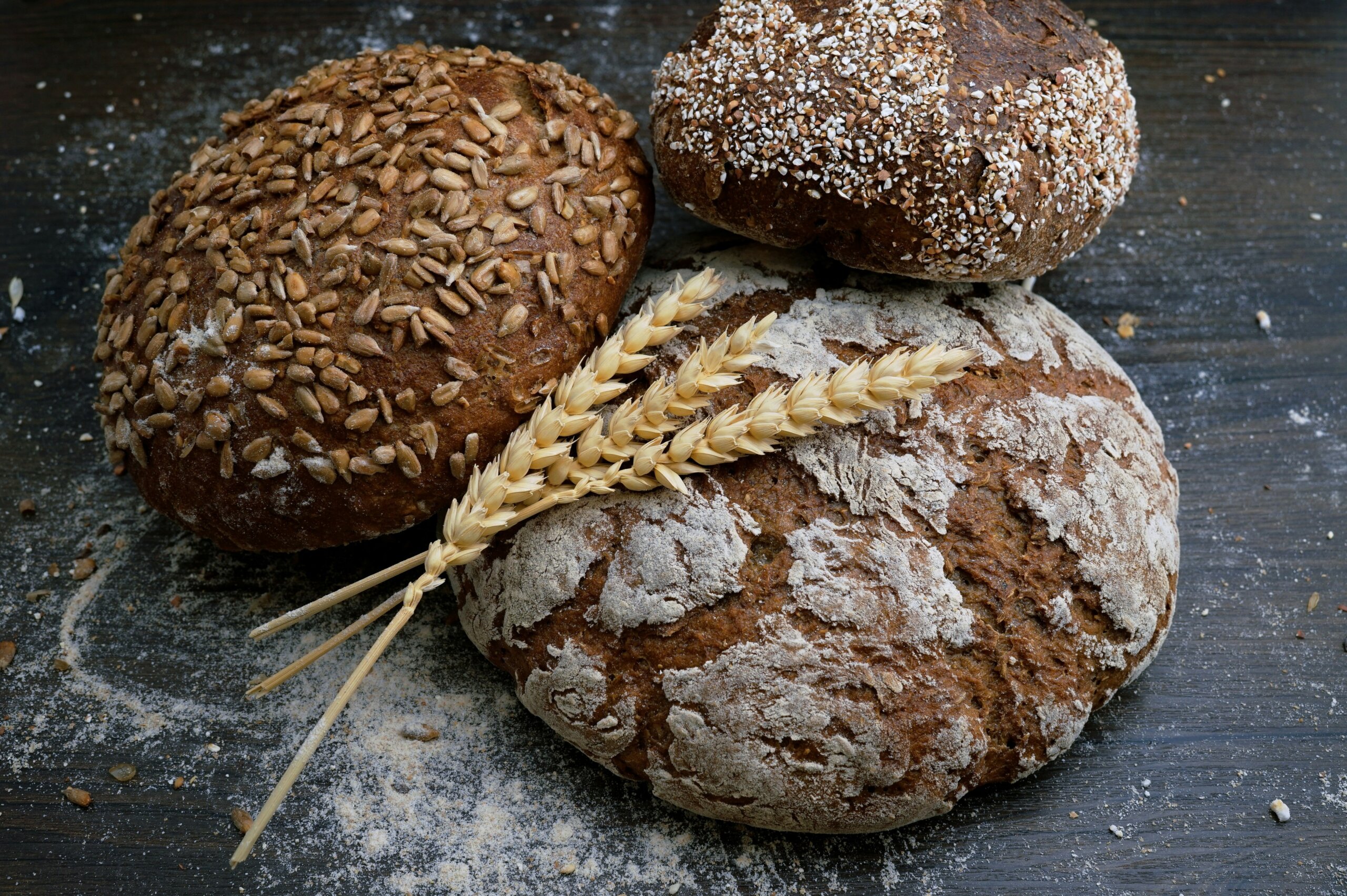New Zealand
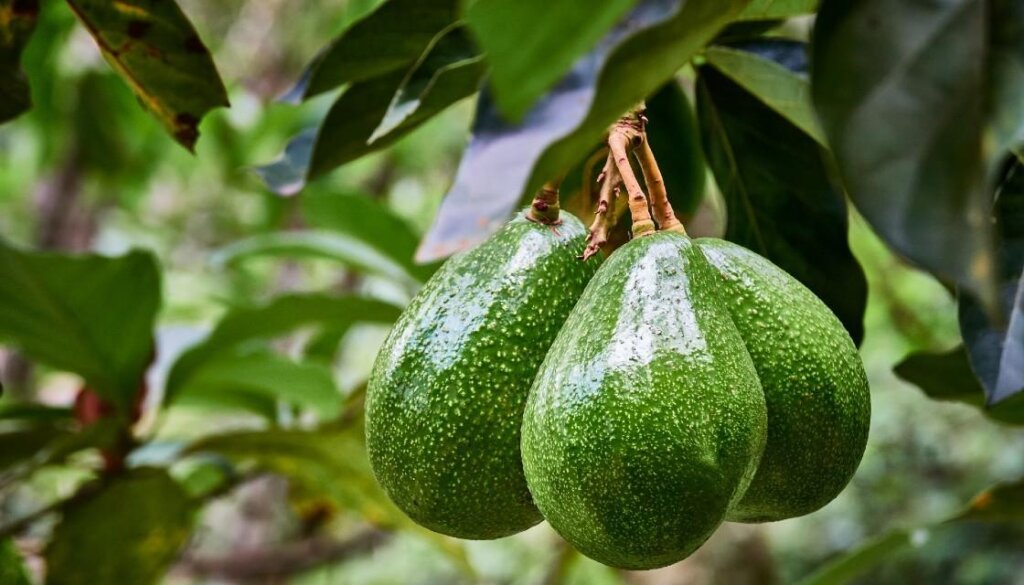
Taranaki eyes up growing avocados in bid to diversify economy
Taranaki is looking into the possibility of growing more avocados in a bid to diversify its economy and make it more resilient.
It’s part of the Branching Out initiative, which will investigate the feasibility of up to a dozen new ventures exploring new economic opportunities for the region.
Justine Gilliland, chief executive of regional development agency Venture Taranaki, says although some avocados are already grown in the region the number is small compared to places like Bay of Plenty or Northland.
Read more here…
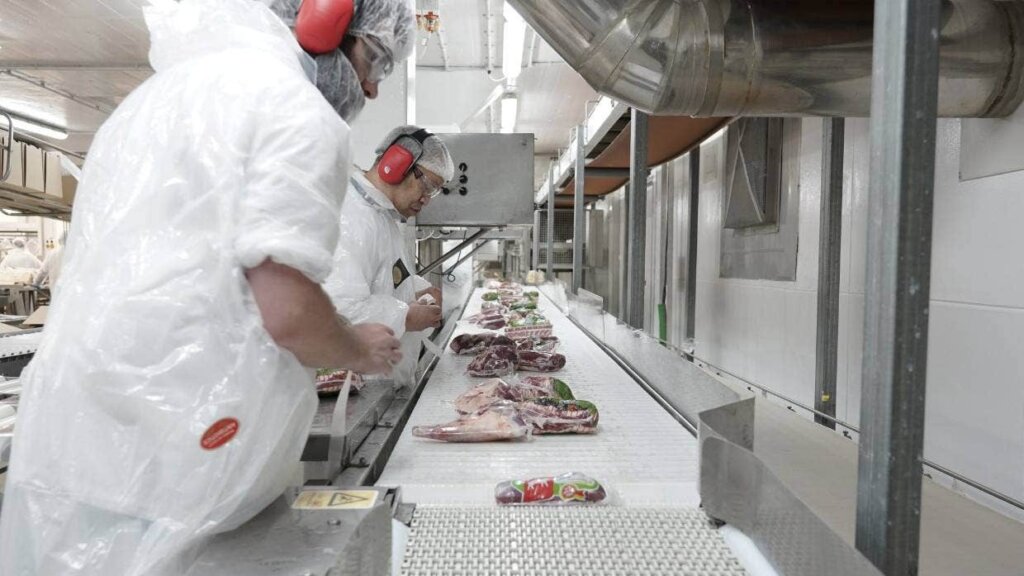
Meat processors urge Government to prioritise Covid-19 vaccinations for industry
The meat processing and exporting industry wants Government to recognise it as high-risk for Covid-19 transmission and prioritise it for vaccination.
Meat Industry Association chief executive Sirma Karapeeva said large numbers of people worked closely together. Australia and the US had already prioritised the industry for vaccination because Covid-19 had spread rapidly in processing plants.
Read More here…
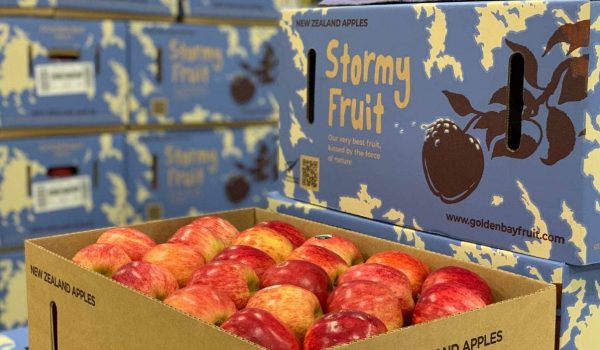
‘Stormy Fruit’ provides a ray of sunshine from Motueka hailstorm
A Nelson apple company is hoping its new product will bring a ray of light out of the gloom brought on by the Boxing Day Hailstorm.
Over the weekend Golden Bay Fruit launched its new “Stormy Fruit” brand, comprised of apples which suffered cosmetic damage in the hailstorm but were otherwise unaffected.
Golden Bay Fruit chief executive Heath Wilkins said while the company had been mulling over the concept for several years – the hailstorm had significantly increased the amount of fruit that would fall into the new product line.
Read More here…

A2 Milk profits drop as pandemic impacts sales
Dairy company A2 Milk has reported a sharp fall in its half-year profit because of significant disruption to its infant formula sales.
The company profit dropped 35 percent to $120 million compared with $185m the previous year, as revenue fell 16 percent to $677m in line with forecasts it made before Christmas.
The major hit has come from a decrease in sales of infant formula to Chinese students, tourists and unofficial buyers sent back to China, known as the daigou channel, and e-commerce sales through third parties to China, because of COVID-19 disruptions.
Read More here…
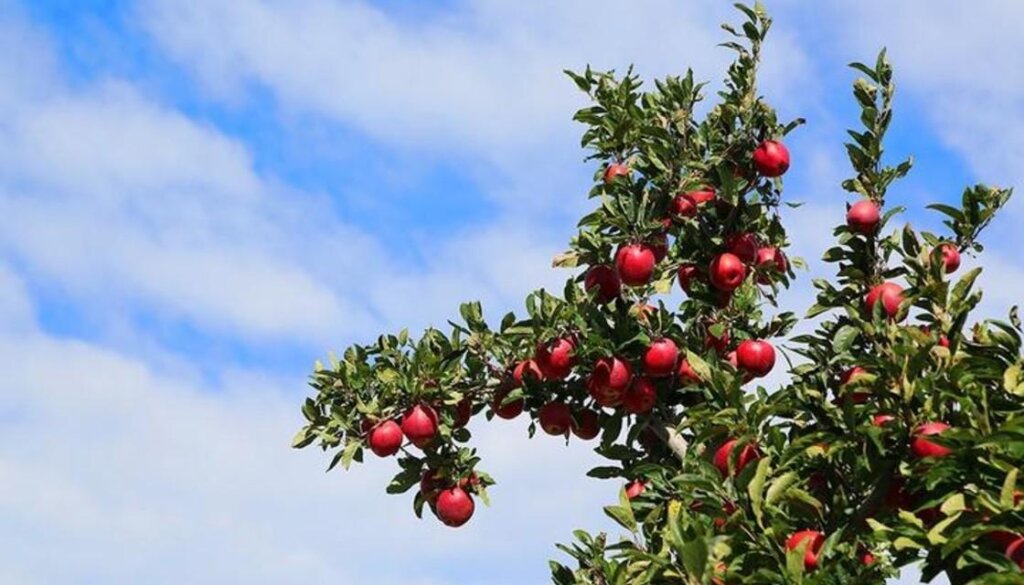
T&G Global’s full-year profit surges
Vegetable and fruit grower T&G Global’s profit has more than doubled as strong demand for its apples drove an increase in revenue.
Net profit for the year ended December rose to $16.6 million from $6.6m the previous year, with revenue up 16 percent to $1.4 billion.
It said rising demand for its apples drove earnings, which rose more than half on the year before.
Read More here…
Australia
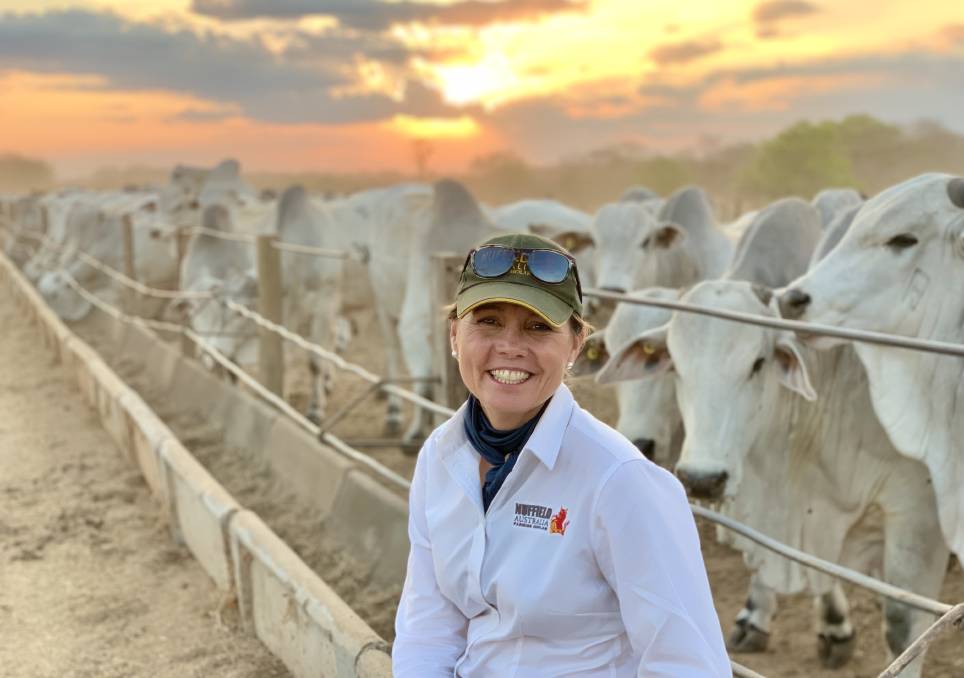
Optimising genetic gain in northern beef
To ensure northern Australia’s beef industry is equipped to be profitable and meet evolving social and environmental pressures, greater focus must be placed on optimising genetic gain through the accurate selection of nonvisual profit-driving traits.
That’s according to 2019 Nuffield Scholar and Western Queensland beef producer, Rebecca Burnham, who with support from The Yulgilbar Foundation, investigated how modern technologies could be better utilised to increase measurement above the 15 per cent of bulls currently presented with breeding values in northern Australia.
Read more here…
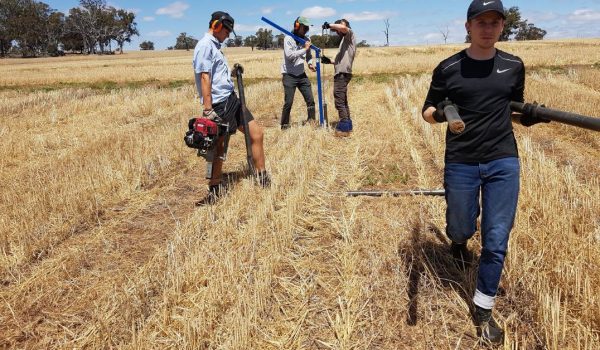
Soilborne solutions to boost grain yields
A SERIES of projects researching how soil amelioration affects soil biology is unearthing new information, as it digs deeper into the influence of mechanical soil amelioration on soilborne diseases and nematode pests in cereal crops.
Collaborative research by the Department of Primary Industries and Regional Development (DPIRD) were profiled at the Grains Research and Development Corporation’s (GRDC) Grains Research Update in Perth earlier this week.
While the benefits of mechanical soil amelioration are well known in WA, comparatively little is known about its impact on soilborne pathogens and nematode pests.
Read more here…
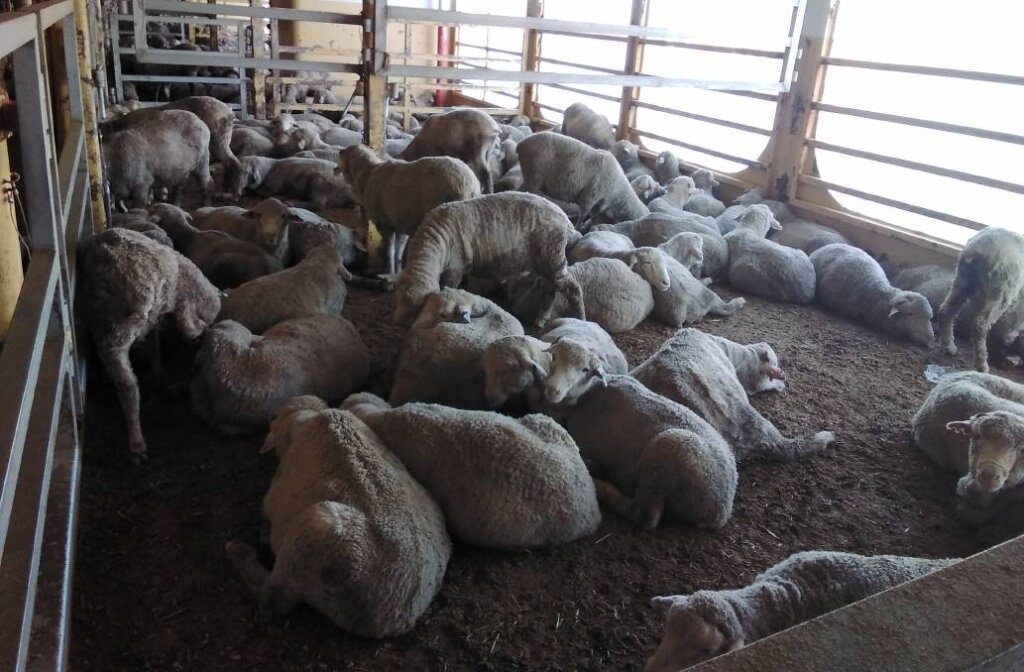
Second study explores cost of live sheep export trade shutdowns
LiveCorp has welcomed a new study on the economic impacts caused 2018-2019 moratorium of live sheep exports.
The moratorium was voluntarily introduced by the industry to stop exports during the northern hemisphere summer.
It followed the airing of television footage from the export vessel Awassi Express on which more than 2000 sheep are said to have died from heat stress.
There are now two major reports on the impact of that loss trade, particularly on Western Australian growers.
Read more here…
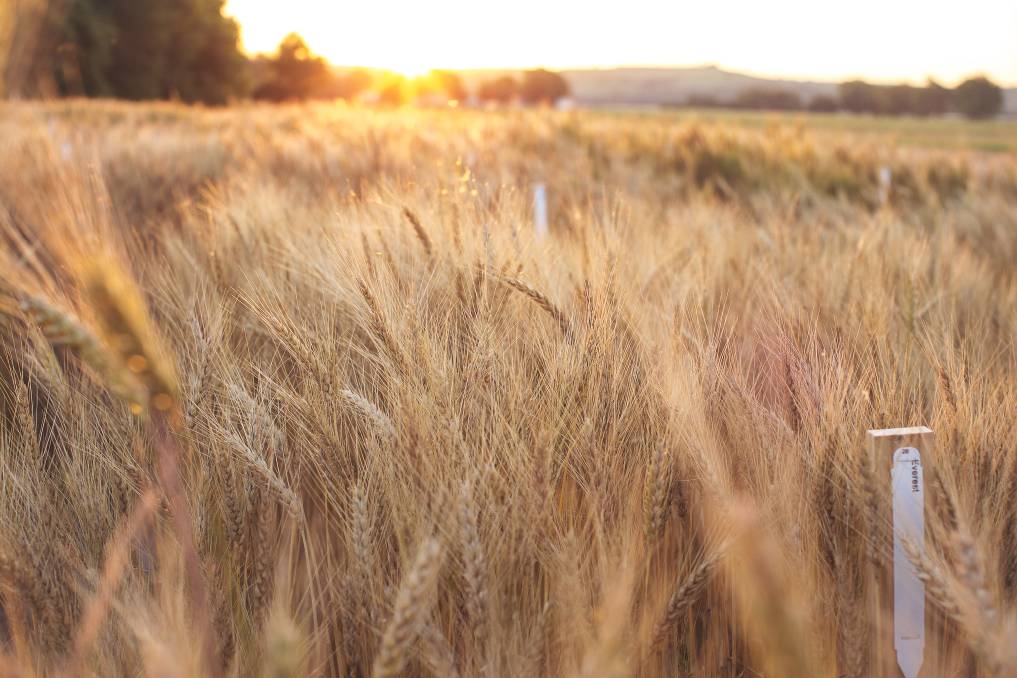
Russian export taxes a bonanza for Australian farmers
Taxes on the export of Russian wheat came into effect last week, in conjunction with an export quota, and will be followed in March by taxes on corn and barley exports.
In December 2020, Moscow announced restrictions on the export of grain in an effort to curb food inflation.
The first is an export quota to limit exports of wheat, barley, corn and rye to 17.5 million tonnes between February 15 and June 30 this year.
The second is an export tax on wheat of 25 Euro per tonne ($41.50/t), to come into effect for the same period.
Read more here…

Currency shift impacts wheat
The currency played a big part in the Australian dollar value of wheat prices last week. The week started with the dollar already elevated, and it moved, briefly, above 80 US cents in intra-day trading mid-week. Then the Australian dollar fell sharply particularly on Friday night last week, when an equally sharp rally in the US dollar pushed futures prices down, but allowed the A$ value of futures to remain close to unchanged.
We also saw positive action in futures mid-week before prices pulled back sharply. Mid-week last week nearby futures had their highest daily closing price for the year despite not quite taking out the contract highs set in January. We also had the highest monthly closing price for a nearby contract since April 2014.
Read more here…
South America
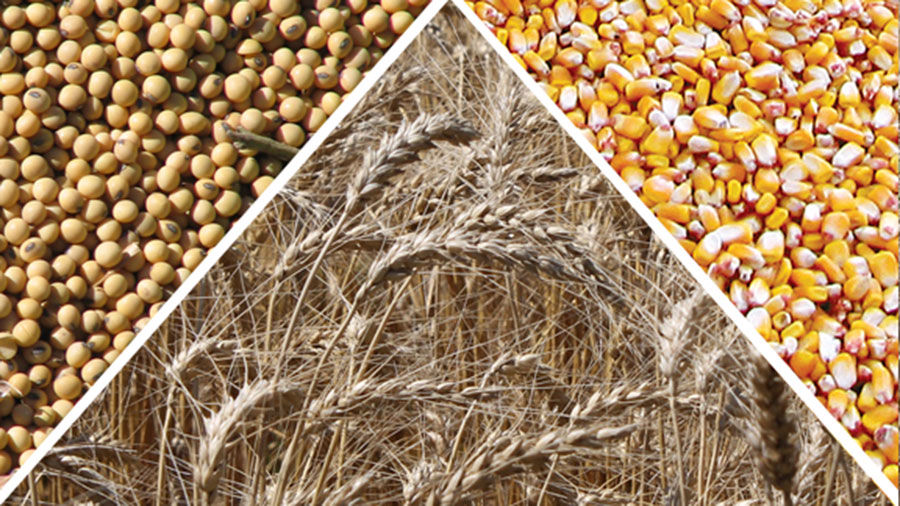
HOT WEATHER IN ARGENTINA PUTS SOY, CORN YIELDS AT RISK – BSAS EXCHANGE
BUENOS AIRES, Feb 25 (Reuters) – Forecasts of a dry, hot week ahead in Argentina could cut the yields of late-planted corn and soybeans, the Buenos Aires Grains Exchange said on Thursday, although it kept its harvest forecast for both crops unchanged at 46 million tonnes.
After a wet February brought relief to farms hit by unusually hot weather since mid 2020, growers remain on alert for damage that could yet be done if prolonged dryness returns.
“Above-average temperatures are expected for the next seven days, with no prospect of precipitation,” the exchange said in its weekly crop report.

Green hydrogen hub planned in northeast Brazil
A US$ 5.4bn green hydrogen hub has been planned in Ceará, northeast Brazil, and most probably the first-of-its-kind in Latin America. Set to be located at the Pecém Industrial and Port Complex (CIPP), 60km from Fortaleza, the hub will be built by Australia’s Enegix Energy.
“I consider this a historic moment for Ceará,” said Governor Camilo Santana at a ceremony last Friday.
“The idea is to transform Pecém into a major hydrogen production hub, not only for the economic activities of Ceará and Brazil, but also for exports to Europe and other continents.”
Read More here…
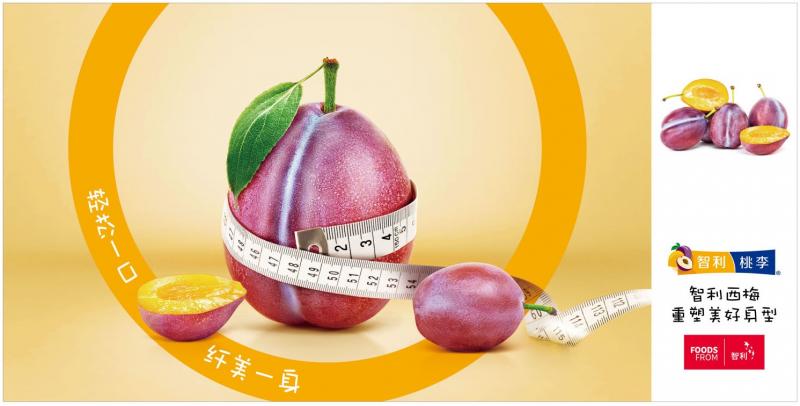
Chilean Stone Fruit Campaign in China Focuses on Health and Beauty
As Chilean suppliers got well into the second half of the export season for nectarines and reached approximately the halfway point of the export season for plums on Feb. 24, representatives from the Stone Fruit Committee of the Chilean Fruit Exporters Association (ASOEX) presented an online overview of the 2020/21 marketing season for Chilean stone fruit in China — including the woman-focused promotional campaign that the committee is running this year.
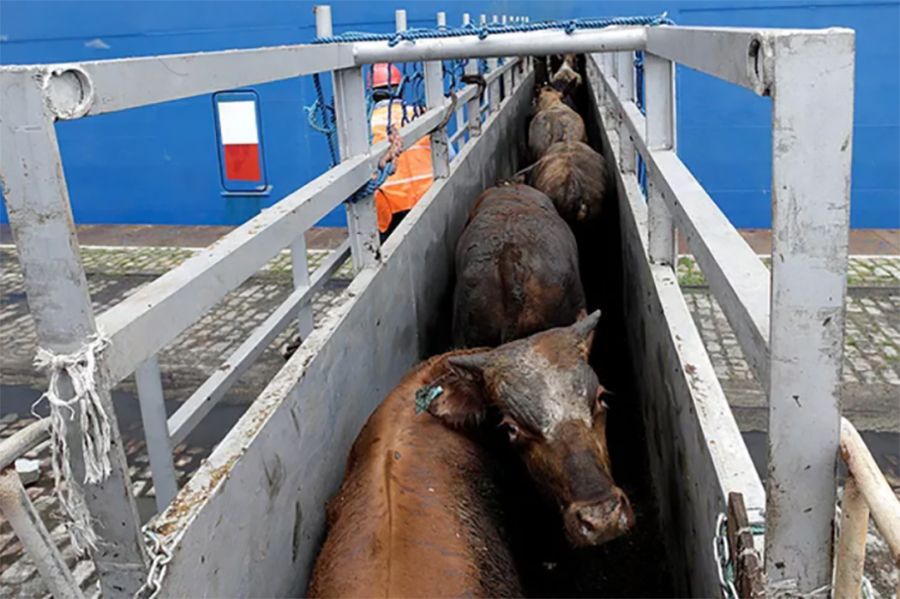
Brazilian ranchers strongly oppose the import of live cattle from neighboring Paraguay
Brazilian meat-packers has asked the agriculture ministry for authorization to import live cattle from Paraguay, bur farmers organizations have strongly criticized the initiative. The request to import live cattle from Paraguay, made by a trade group based in Mato Grosso do Sul, which borders Paraguay, comes as Brazil’s cattle availability has fallen in recent months due to strong demand from meat processors.
But Acrissul and Acrimat, which respectively represent ranchers in Mato Grosso do Sul and in Mato Grosso states, said they opposed such a move as it could compromise the sanitary status of the cattle produced in Brazil, home to the world’s biggest commercial herd.
Read more here
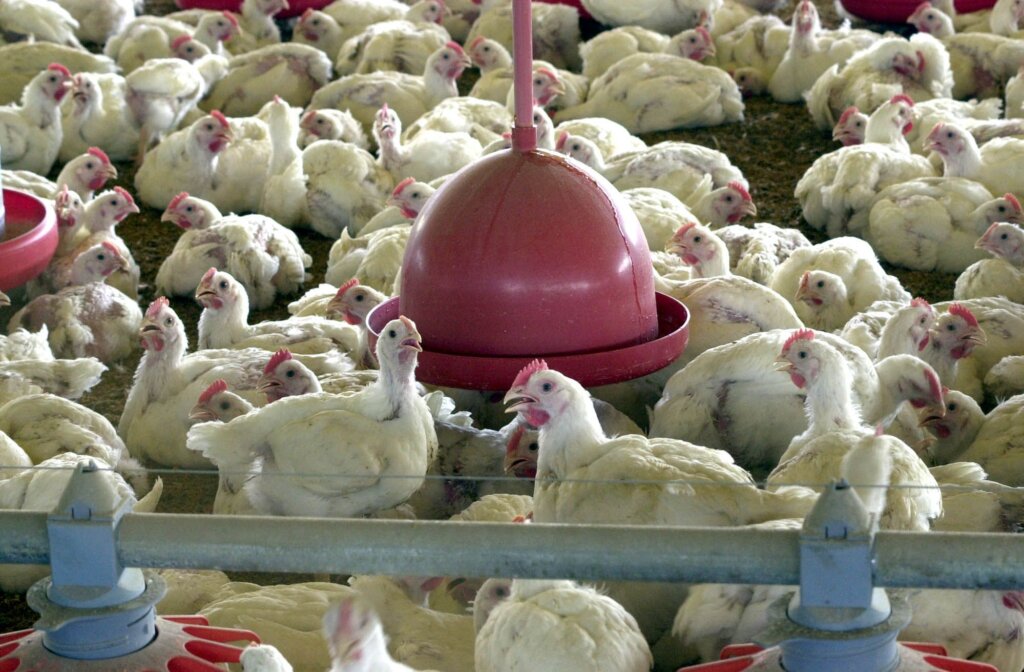
Halal chicken dispute blocks Brazil/Indonesia free trade talks
Brazil should only begin free trade talks with Indonesia if it adopts recommendations made by a World Trade Organization panel in 2017 after a dispute over halal chicken, Brazil’s meat lobby ABPA said in a letter sent to three government ministries.
“We don’t oppose a free trade agreement with Indonesia,” Ricardo Santin, head of ABPA, said on Monday with reference to the letter sent to the ministries of foreign relations, economy and agriculture on Jan. 26. He said there should be “no border for food”.
Brazil, the world’s largest halal chicken exporter, requested WTO consultations with Indonesia in 2014 concerning measures blocking its access to that market.
Food Updates

Could terroir change the way we think about whisky?
New research has revealed just how much of a role terroir has on the flavour profile of whiskey, leading some to believe vintages could soon be as crucial as age statements.
Flavour differences in whiskey can be discerned solely on the environment in which the barley is grown, a new study, co-authored by an Oregon State University, has discovered.
This is the first scientific study that found that the environmental conditions (or terroir) of where the barley is grown impacts the flavour of whiskey, said Dustin Herb, an author of the study and a courtesy faculty member in the Department of Crop and Soil Science at Oregon State University.
Read more here…

What’s driving the plant-based boom?
With more consumers than ever choosing vegan cuisine, Simon Solway, UK and Ireland OOH and Retail Country Manager for Gold&Green Foods, looks at what’s driving the growing plant-based market.
Plant-based food has taken the market by storm. In the last five years veganism has gone mainstream, with two percent of people actively describing themselves as vegan.1
2020 was the year everyone discovered plant-based, with new products appearing across the market, from bakery and pastries, to pizza, lattes, and even dirty burgers.
Read more here…
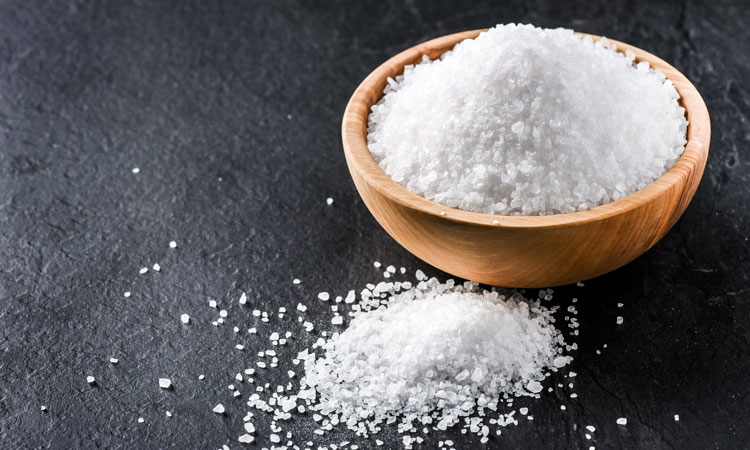
No time to let up in fight against salt say researchers
Researchers from Queen Mary University claim salt reduction targets have prevented heart disease, but that the programme is stalling.
England’s salt reduction programme will have led to nearly 200,000 fewer adults developing heart disease and £1.64 billion of healthcare cost savings by 2050, according to research by Queen Mary University of London.
However, the researchers warn that the recent stalling of salt reduction programmes is endangering the potential health gains, as salt intake remains significantly higher than recommended levels.
Read more here…
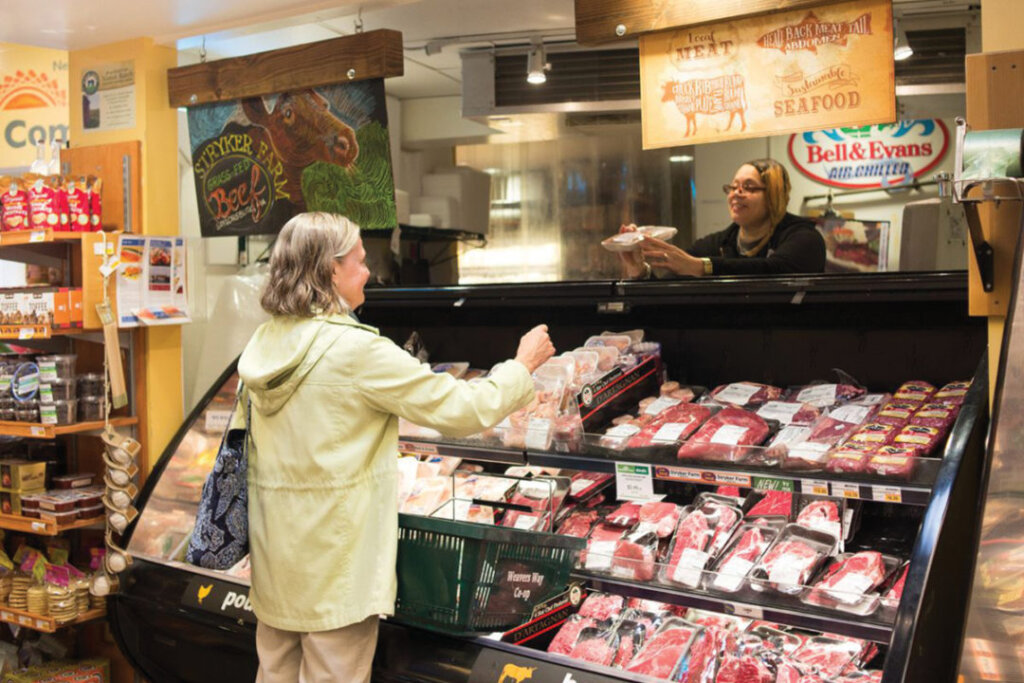
Grass-fed trend continues to evolve
KANSAS CITY – In recent years, the organic grass-fed segment has really taken off on the consumer retail front, expanding from an early demand from restaurants, caterers, and medical facilities. The result has been more grass-fed products in the supermarkets and more companies getting involved in the segment.
According to IRI data from December, organic grass-fed purchases were up 7.5% year-over-year, and saw an increase of 52.1% from March through July, as consumers were looking for safer products to eat during the pandemic.
Kay Cornelius, general manager of Panorama Organic Grass-Fed Meats, Westminster, Colo., noted so many more people are interested and receptive to grass-fed and organic products today and the category is growing significantly.
Read more here…
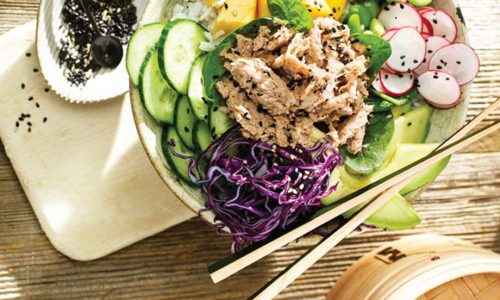
Plant-based seafood builds on success of other
Read more here…
